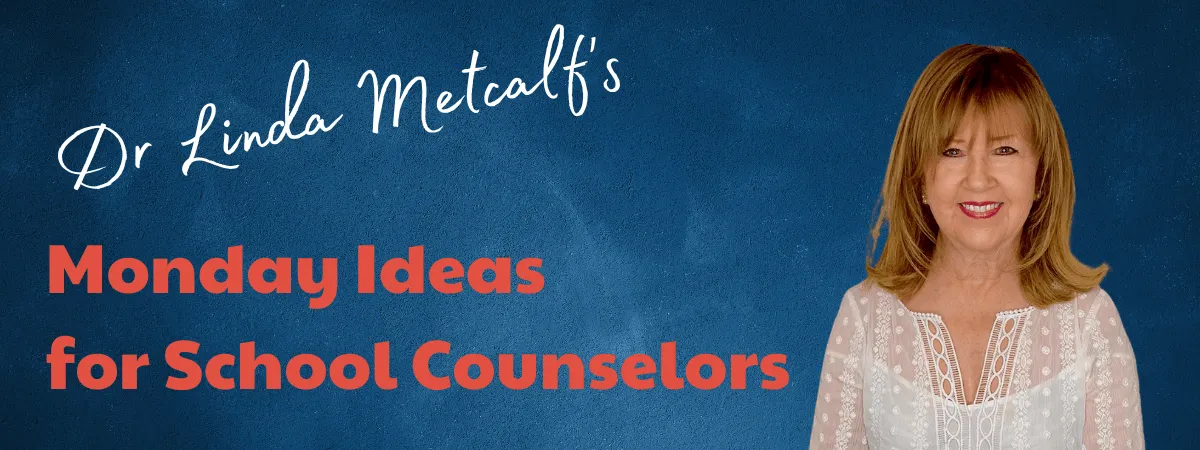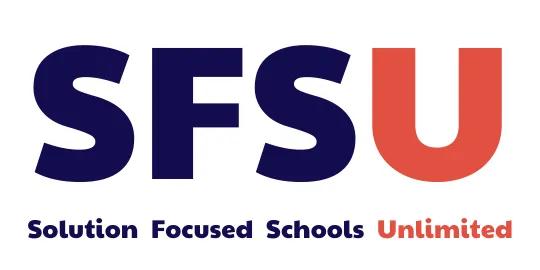
Monday Ideas for School Counselors
Weekly articles for school counselors with ideas on how to resolve typical school situations with students, teachers and parents using the solution focused approach.

When Students Feel Overwhelmed, Doing Less is Better!
As I write this week's Monday Ideas, I find myself in London, England, accompanied by ten of my graduate students on a study abroad trip. Over the next two weeks, I will introduce them to my colleagues in the UK, who will be sharing their expertise in solution-focused and narrative therapies. Although this is my twelfth time taking this trip, it is always a delight to watch many students, some of whom have never traveled outside their country, adapt to the experience of taking a class abroad.
Simple actions, such as crossing a bustling London street (don’t forget to look left!) or walking everywhere instead of jumping into their cars, lead them to emerge wiser, more confident, and often fitter. All of this growth happens gradually, with some anxiety, as they navigate the challenges of being in a foreign country.
A similar process unfolds with the students, parents, and teachers who seek your guidance. They often arrive with situations that feel overwhelming, hoping you will provide the answers. But be cautious! While you may need to share some essential information, such as which courses to take or the school's policies, tackling the obstacles they face is where they need to contribute.
Why is that? After all, you’ve encountered many situations and know how to handle them. But if you solve the problem for them, you risk doing what my friend Chris Iveson once said: "Doing for someone what they can do for themselves robs them of competency."
So, wherever you are in the world this Monday, when a student comes to you asking for advice or wanting you to fix something, take a step back. Instead of assuming what they should do, start by asking what they want to discuss. Then, move forward with questions that build on their "best hopes":
"Thank you for sharing that you want to ________________."
"Imagine that when you leave here today, things start to go the way you want. What might you be doing? What else? What would others notice you doing? And what else?"
"Can you recall times when you’ve managed to do that, even on a small scale? What did you do? What were you thinking? When else have you been able to do this?"
Follow up later with, "What's better?" Try not to praise, but rather be amazed. It is your genuine amazement that will delight them the most.
By allowing students to navigate their own paths, you help them grow wiser, more confident, and competent.

Practical tools and strategies for school counselors to help students achieve their goals
Practical tools and strategies for school counselors to help students achieve their goals
© 2026 Solution Focused Schools Unlimited LLC


